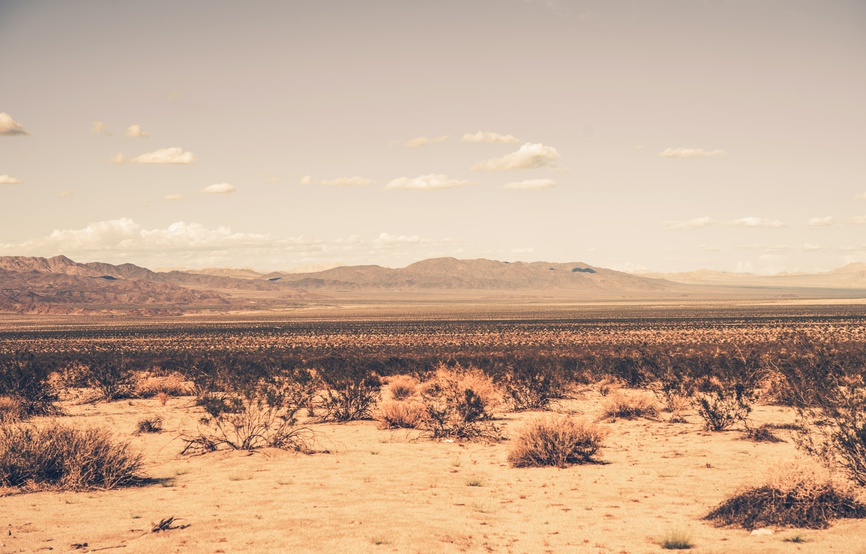Chronic Dehydration
Now that summer is upon us, many people develop more active habits. Whether it is taking a trip, playing more sports, or simply being more social, it is easy to become unaware of how much water within the body is being used. I’m writing this post as a simple information guide about chronic dehydration and how it affects different systems in the body.
First, let’s start with the basics. The human body is around 75% water. This indicates that every function within our body uses it in some way. When we are dehydrated (especially chronically) certain systems begin to malfunction as a result of the body trying to balance itself. This can be from resources being spread too thin, or our bodies going so far as to recycle dirty water from our colon!
When the body does this, it constricts the colon and squeezes water out of the stool as needed. This dirty water is then sent to the Kidneys and Liver to be filtered. As a result, constipation can often be indicative of dehydration. This isn’t the only part of the digestive tract that’s affected, though.
Further up, water is used by our stomach and digestive systems in order to break down food and distribute nutrients. Without enough water, the body has to let food sit for periods of time in different areas until it receives the resources to finish it off. This is also not fun, as patterns such as heartburn and GERD may arise, causing discomfort and leading to potentially worse issues later on.
The other major body system affected is the lungs. Asthma and bronchitis can be telling signs of chronic dehydration due to histamine. When the body exhales, water vapor is lost from the lungs (another way we are consistently losing water). If there isn’t enough water, histamine causes the airways to constrict in order to hold on to the water that is there. People in dryer climates, such as Colorado especially need to be aware of this fact.
With all this said, how does one stay properly hydrated? First off, avoid diuretics in excess. Things like tea, coffee, alcohol cause the body to expel water. Also, being mindful of the water we drink around our meals is important. It is best to drink a glass of water 30 minutes before eating, during or right after eating, and two hours after a meal. This can help reduce many of the digestive issues that may arise around dehydration. A good method of ensuring proper hydration is to take your own weight, divide it in half, and drink that number in ounces throughout the course of the day. The goal is to have very light yellow urine.
Water is vital for life, and being educated about its significant role can prevent many problems down the road. Enjoy this beautiful summer and drink plenty of H2O!
Source:
Grazia, A. Dangers of Chronic Dehydration. Jamaica sun (12).

